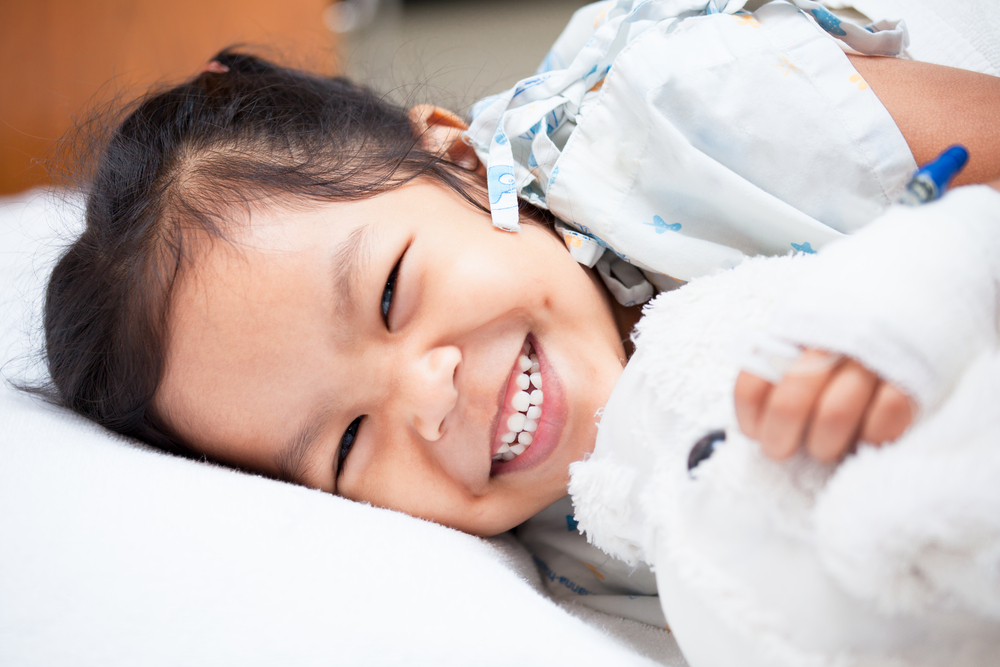Oxygen Access Study
- Project status: Active
Research area: Infection, Immunity and Global Health > International Child Health

Developing and testing better ways to get life-saving oxygen to patients when they need it.
We believe that oxygen is an essential medicine that should be available for every patient when they need it, no matter where they are born.
We believe that oxygen is an essential medicine that should be available for every patient when they need it, no matter where they are born.
Overview
Why is oxygen important?
Oxygen is one of the most essential elements of life. Every few seconds we inhale air (which contains 21% oxygen), extract oxygen and transport it through our entire bodies to stay alive and function.
Hypoxaemia (low blood oxygen levels) is a life-threatening complication of illnesses such as pneumonia, preterm birth, and sepsis. Hypoxaemia increases patients’ risk of death enormously – resulting in hundreds of thousands of preventable deaths each year.
Oxygen therapy is a life-saving therapy that is used for millions of patients every day – from preterm neonates with respiratory distress to children with pneumonia and other lung conditions, adults with emphysema, and those receiving anaesthesia for surgical procedures. However, many patients in low- and middle-income countries (LMICs) do not receive oxygen when they need it.
Treatment is limited by poor hypoxaemia diagnosis and unreliable oxygen supplies – exacerbated by high prices and weak maintenance systems and supply chains.
Clinton Health Access Initiative & Murdoch Children’s Research Institute
Clinton Health Access Initiative & Murdoch Children’s Research Institute are 100&Change finalists. Their proposal is to bring life-saving oxygen therapy to children worldwide.
What are we doing to expand oxygen access?
For two decades, clinicians and researchers on the Melbourne Children’s Campus have been working with partners in Papua New Guinea, Laos, and Nigeria to address oxygen access. In 2020, the COVID-19 pandemic brought new urgency to oxygen access globally.
We responded locally and globally, building on our work with the World Health Organization (WHO), UNICEF, national governments, and local groups to improve oxygen systems for COVID-19, and in the long term.
Key developments, findings, and research translation
- New data on the number of patients with hypoxaemia (approximately 1 in 10 children admitted to hospital) and the impact of improved hospital oxygen systems (reduce child pneumonia deaths in hospital by 50%).
- New lessons on the role of pulse oximetry (the key to improving oxygen access), and opportunities for solar-powered oxygen concentrator systems (particularly for remote areas).
- Contributed to the development of National Oxygen Scale-up Strategies in Nigeria, Ethiopia, and Uganda – and subsequent implementation.
- Authored/edited/contributed to global guidance documents (for example, WHO Oxygen Therapy for Children, COVID-19 interim guidance on oxygen), and technical specifications (WHO/UNICEF).
Ongoing work
In 2022, we are starting a bold and exciting new program of work in Ethiopia, Kenya, Uganda, Nigeria, Liberia, Rwanda, India, Laos, and Cambodia in partnership with the Clinton Health Access Initiative (CHAI). As the academic lead, we will seek to answer critical clinical, economic, and health systems questions relating to oxygen access, including:
- How can neonatal oxygen and non-invasive respiratory support services be effectively and safely scaled at the district hospital level?
- What is the role of pulse oximetry and oxygen and primary care (pre-hospital) level, and can it improve risk assessment and referral decisions?
- What is the impact of a multi-faceted health systems intervention on (i) oxygen access to patients; (ii) healthcare worker practices; and (iii) clinical outcomes? At what cost?
To what extent have COVID-19 response activities improved oxygen access to patients, supply chain or maintenance systems?
More resources
Research team
Program leads
- Dr Hamish Graham
- Prof Trevor Duke
- A/Prof Amy Gray
- Prof Steve Graham
Collaborators
Thanks to key partners, funders, and supporters
- University College Hospital Ibadan (Nigeria)
- Oxygen for Life Initiative (Nigeria)
- Paediatric Society of Papua New Guinea(Papua New Guinea)
- Ministries of Health (Nigeria, Laos, Papua New Guinea)
- World Health Organization
- UNICEF
- Clinton Health Access Initiative(US, Nigeria, Uganda)
- Save the Children (UK, Laos, Nigeria)
- Bill and Melinda Gates Foundation (US)
- RE Ross Trust (Australia)
- DAK Foundation (Australia)
- Planet Wheeler Foundation (Australia)














